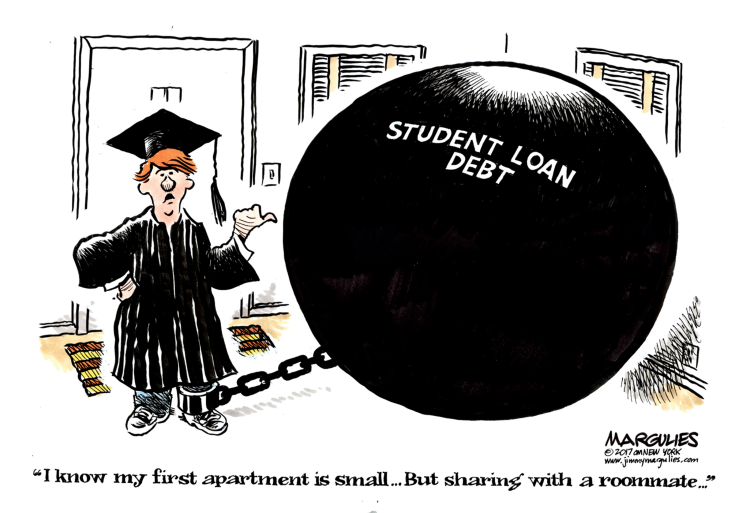In public, Musk doesn’t talk much about Tesla’s factory in Buffalo—a place he once, in better times, dubbed Gigafactory 2. Gigafactory 1, of course, is Tesla’s much-hyped futuristic electric car plant outside Reno. Gigafactory 2, which is shrouded in silence and secrets, was a controversial side venture: a high-stakes move to dominate America’s growing market for solar energy. Tesla bought the factory’s main tenant, SolarCity, for almost $5 billion in 2016. The plan, in true Muskian hyperbole, was to turn the plant in Buffalo into what was billed as the largest manufacturing facility of its kind in the Western Hemisphere. SolarCity would build 10,000 solar panels per day and install them on homes and businesses across the country. In the process, it would create 5,000 jobs in an area that very much needed them. “This is one of the poorest cities in the country,” Scott says. “You get a big company here, and it’s a big deal.”
From the outside, the sheer scale of the Buffalo plant sparkles with promise. At 1.2 million square feet, it stands at the point where the Buffalo River bends through the city. The building is gleaming white, as if to signify its freshness amid a landscape of abandoned grain elevators and sprawling, desolate steel mills. The area around the factory is hardscrabble working class; until SolarCity was built, people only drove through it when the fierce wind off Lake Erie shut down the highway that residents take from the southern suburbs to downtown. Now three flags fly in front of the factory: those of the United States, New York State, and Tesla.
But three years after Tesla bought SolarCity, there are serious doubts as to whether the plant will ever fulfill its promises. The website CleanTechnica, which is mostly supportive of Musk, calls SolarCity “a disaster waiting to happen.” A potentially costly lawsuit alleges that Tesla acquired SolarCity at the expense of its own shareholders. And former employees want to know what happened to the massive subsidy Tesla received. “New York State taxpayers deserved more from a $750 million investment,” a laid-off employee named Dale Witherell wrote to Senator Kirsten Gillibrand. “Tesla has done a tremendous job providing smoke and mirrors and empty promises to the area.”
~ Bethany McLean, "
How Elon Musk Fooled Investors, Bilked Taxpayers, and Gambled Tesla in Order to Save SolarCity,"
Vanity Fair, August 25, 2019




